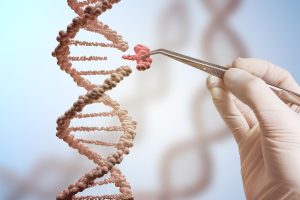Update on Illegal and Unethical Research in Gene Editing
With a shock that rippled around the medical research world in 2018, a Chinese researcher unethically and illegally edited the DNA of 3 human embryos, implanted them in their mother’s wombs, who then gave birth. This is referred to as Heritable Human Genome Editing (HHGE) and represents a clear breach of the Belmont Principles of Autonomy (Informed Consent), Beneficence (Benefit outweighs Risk), and Justice (Protection of the Vulnerable). Presentations at the summit included several from …
Apr
Ethics Emphasized but not without Controversy
I’m happy to report Bioethics was at the forefront each day at the International Human Genome Editing Symposium. Controversy and disagreement between panelists as well as the audience was frequent, showing the lack of consensus on the ethics of continuing Heritable Human Gene Editing. The value of this research was questioned outright, especially in light of other successful editing techniques that don’t risk the health of subjects or their progeny. All previous consensus statements from …
Apr
Ethical Treatment Cure for Sickle Cell Disease
Contrary to the last International Human Genome Editing Symposium, the focus was Somatic Human Gene Editing (SHGE), wherein the non-reproductive cells of adults/children were utilized to explore cures for diseases. This approach makes changes in the patient’s DNA without causing those changes to be inherited by future offspring. In gene editing, there is always a possibility of unexpected, off-target mutations occurring, with unknown detrimental outcomes. While the human subject of a clinical trial should have …
Apr



